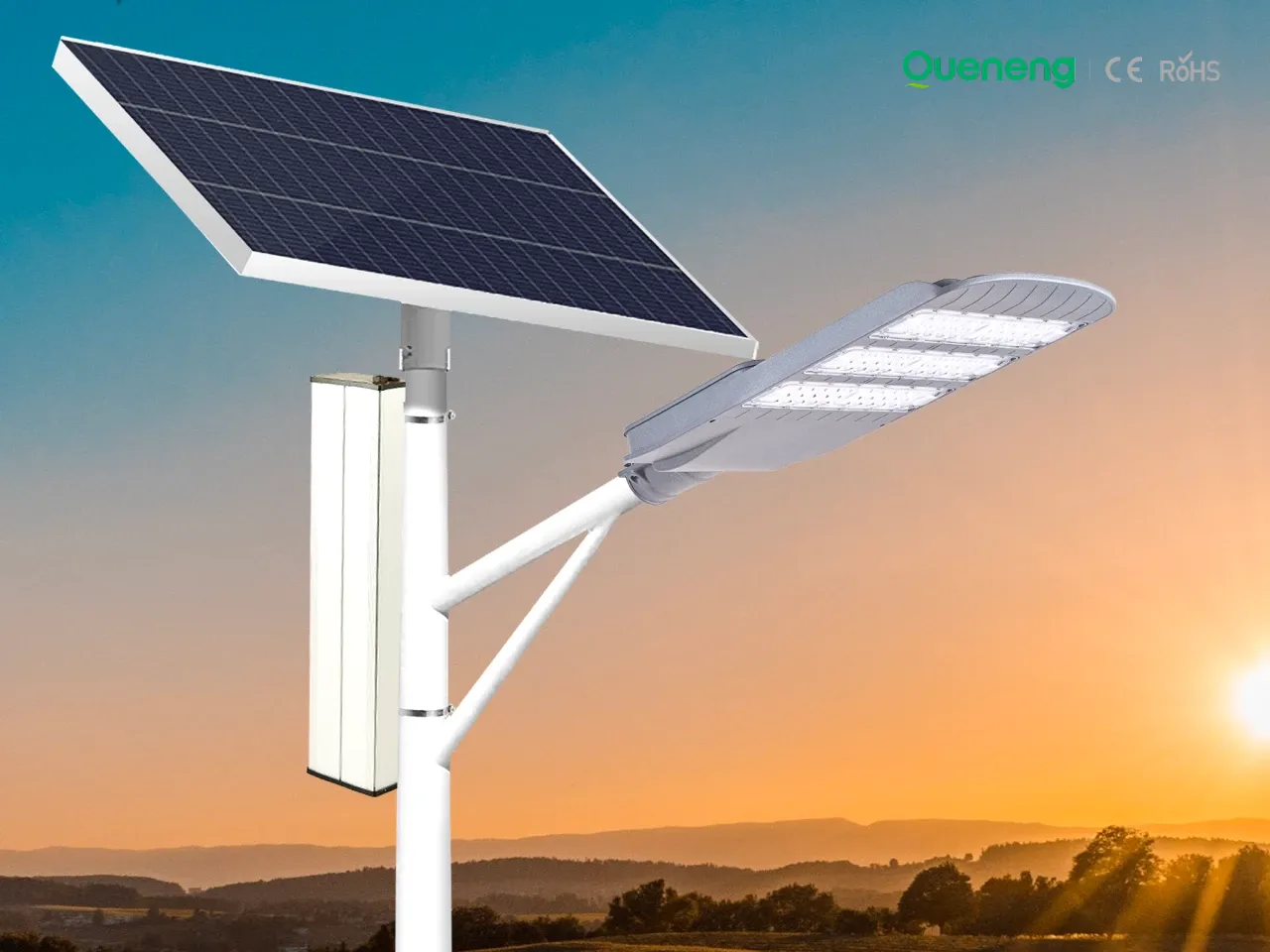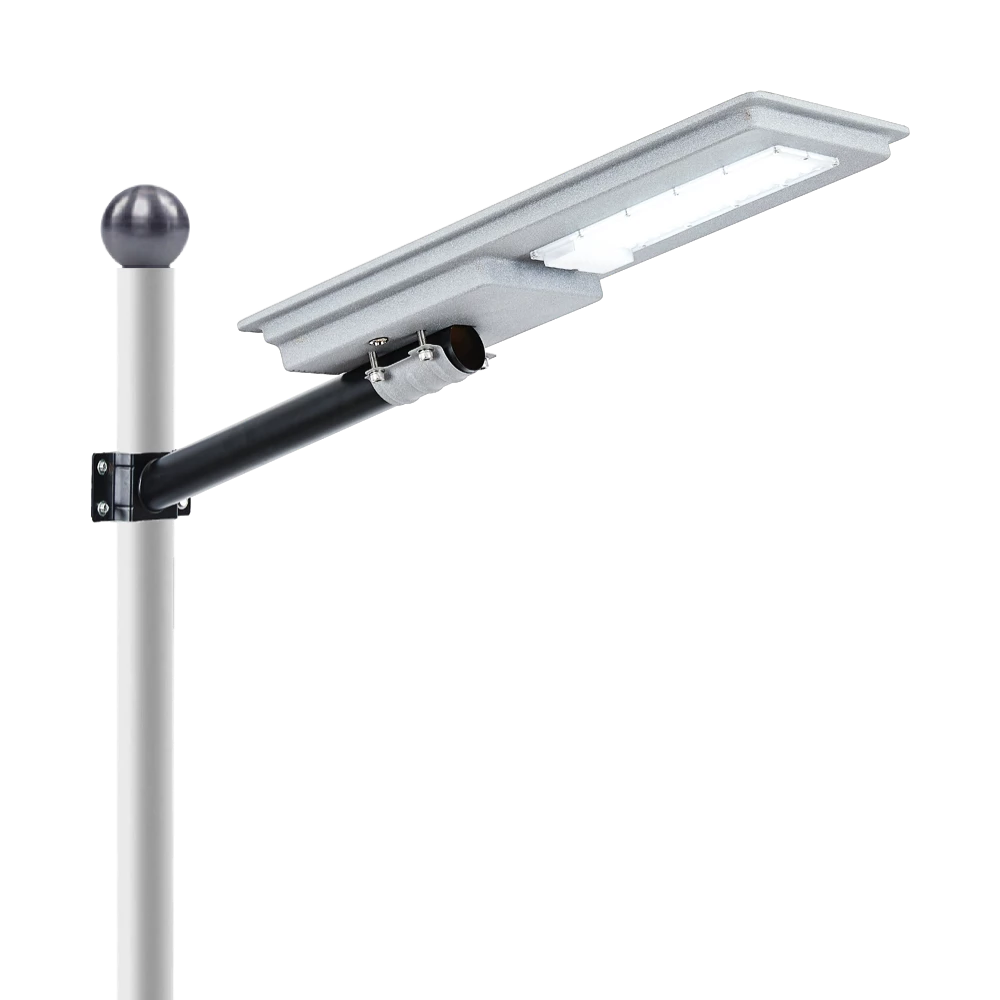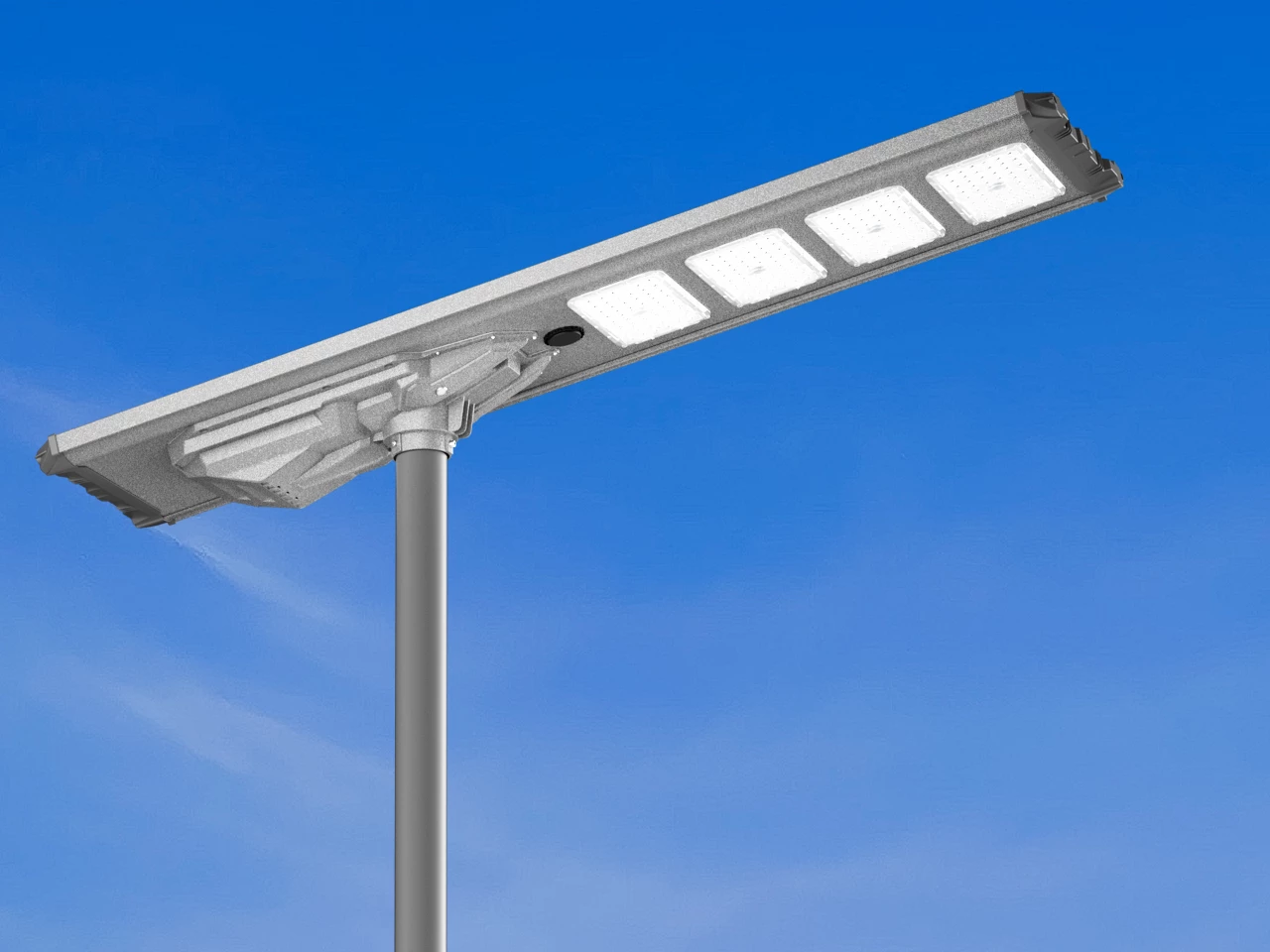Do Solar Lights Require Specific Batteries? A Complete Guide for Long-lasting Performance
Do solar lights need special batteries? Learn why specific rechargeable batteries like NiMH, Li-ion, and LiFePO4 are best for solar lighting. Expert advice for optimal battery choice.
Solar lights have become increasingly popular for their eco-friendly and cost-saving benefits. However, many people overlook one crucial component that determines how well these lights perform: the battery. So, do solar lights require specific batteries? The answer is yes. Not all batteries are compatible with solar lighting systems. In this guide, we’ll explore which batteries are suitable for solar lights, their importance, and how to choose the best one for your needs.
Why Are Batteries Important for Solar Lights?
The battery is the heart of any solar light. During the day, solar panels convert sunlight into electricity and store it in the battery. At night, the battery powers the LED lights. The type, capacity, and quality of the battery directly affect the brightness, run-time, and lifespan of the solar light.
Common Battery Types Used in Solar Lights
1. NiMH (Nickel Metal Hydride)
- Voltage: 1.2V per cell
- Rechargeable: Yes
- Advantages: Environmentally friendly, affordable, low memory effect
- Disadvantages: Lower energy density, shorter lifespan compared to lithium
- Best for: Garden lights, small solar path lights
2. Lithium-ion (Li-ion)
- Voltage: 3.6–3.7V per cell
- Rechargeable: Yes
- Advantages: Lightweight, high energy density, long lifespan
- Disadvantages: Sensitive to overcharging, requires battery management system (BMS)
- Best for: Medium-power solar lights, motion sensor lights
3. LiFePO4 (Lithium Iron Phosphate)
- Voltage: 3.2V per cell
- Rechargeable: Yes
- Advantages: Very stable, high thermal resistance, ultra-long cycle life
- Disadvantages: Higher upfront cost
- Best for: Solar street lights, commercial solar lighting systems
4. NiCd (Nickel Cadmium)
- Voltage: 1.2V per cell
- Rechargeable: Yes
- Advantages: Durable, performs well in extreme temperatures
- Disadvantages: Memory effect, contains toxic cadmium (environmental hazard)
- Best for: Older solar lighting systems (not recommended for new installations)
Why Regular Alkaline Batteries Don’t Work
Alkaline batteries (like standard AA or AAA) are not designed to be recharged. Using them in solar lights can lead to leakage, damage, or fire risks. Always use rechargeable batteries with correct voltage ratings.
Can You Replace the Battery in Solar Lights?
Yes, most solar lights have replaceable batteries. However, replacements must match the voltage, size, and battery chemistry to ensure safety and functionality.
How to Choose the Right Battery for Your Solar Lights
- Match the voltage (e.g., 1.2V, 3.2V)
- Use the same battery chemistry as original (NiMH, Li-ion, LiFePO4)
- Ensure proper physical size (AA, 18650, etc.)
- Select reputable brands for safety and reliability
- Choose higher mAh capacity for longer run time
Battery Comparison Table
| Battery Type | Voltage | Rechargeable | Cycle Life | Cost | Best Application |
|---|---|---|---|---|---|
| NiMH | 1.2V | Yes | 500–1000 cycles | Low | Pathway lights |
| Li-ion | 3.6–3.7V | Yes | 1000–2000 cycles | Medium | Garden lights, motion lights |
| LiFePO4 | 3.2V | Yes | 2000–5000 cycles | High | Solar street lights |
| NiCd | 1.2V | Yes | 500–800 cycles | Low | Legacy systems |
Battery Maintenance Tips
- Clean solar panels regularly to improve charging efficiency
- Use batteries with built-in protection circuits
- Avoid placing lights under heavy shade
- Replace batteries every 1–3 years based on usage
- Store lights indoors during extreme cold weather
Frequently Asked Questions (FAQ)
1. Can I use regular AA or AAA batteries in solar lights?
No. Regular alkaline batteries are not rechargeable and can leak or explode under charging conditions. Always use rechargeable NiMH, Li-ion, or LiFePO4 batteries.
2. How often should I replace batteries in solar lights?
Typically every 1–3 years depending on the battery type and climate conditions. Lithium batteries generally last longer than NiMH.
3. What is the difference between Li-ion and LiFePO4 batteries?
Li-ion batteries are lightweight and have high energy density, while LiFePO4 batteries are more thermally stable and offer longer cycle life, making them ideal for solar street lights.
4. Can I upgrade from NiMH to lithium batteries?
Not directly. Lithium batteries have different voltage and charging requirements. If you plan to upgrade, the circuit and solar controller must also be compatible.
5. How can I tell if my solar light’s battery needs replacing?
Dim light, shorter runtime, or failure to turn on at night are common signs that the battery needs replacement.
Conclusion
Solar lights require specific rechargeable batteries such as NiMH, Li-ion, or LiFePO4. Choosing the right battery not only enhances performance but also extends the lifespan of your lights. Invest in high-quality, compatible batteries to ensure your solar lighting system runs efficiently for years to come.

Have more questions about our products or services?
The latest hot news you might like


A comprehensive 2026 guide to solar street light pricing. Covers commercial installation costs, LiFePO₄ battery trends, smart IoT features, and a detailed ROI comparison against traditional grid lighting.

A comprehensive 2026 outlook on integrated solar street lights, featuring performance benchmarks like bifacial panels, LiFePO₄ batteries, and Smart City IoT integration for maximum ROI.

Discover how solar panels power street lights, exploring the technology behind solar energy conversion, storage systems, and how solar-powered street lights are revolutionizing urban and rural lighting solutions.
FAQ
Tourist Attractions and Resorts
Can solar lighting systems withstand harsh weather conditions?
Yes, solar lighting systems are built to be durable and weather-resistant. They can withstand rain, snow, and extreme temperatures, making them ideal for year-round use in outdoor settings.
Battery Types and Applications
What types of rechargeable batteries are there? Which devices are they suitable for?
Features: High capacity, environmentally friendly (no mercury, lead, cadmium), overcharge protection
Application equipment: audio equipment, video recorders, mobile phones, cordless phones, emergency lights, notebook computers
Ni-MH prismatic battery
Features: High capacity, environmentally friendly, overcharge protection
Application equipment: audio equipment, video recorders, mobile phones, cordless phones, emergency lights, notebook computers
NiMH button battery
Features: High capacity, environmentally friendly, overcharge protection
Application equipment: mobile phones, cordless phones
Nickel cadmium round battery
Features: High load capacity
Application equipment: audio equipment, power tools
Nickel cadmium button battery
Features: High load capacity
Application equipment: Cordless phones, memory
Lithium Ion Battery
Features: High load capacity, high energy density
Application equipment: mobile phones, laptops, video recorders
Lead-acid batteries
Features: Cheap, easy to process, short life, heavy weight
Application equipment: ships, automobiles, miner's lamps, etc.
What types of batteries are used in emergency lights?
2. Adjustable valve lead-acid battery;
3. Other types of batteries can also be used if they meet the corresponding safety and performance standards of the IEC 60598 (2000) (emergency lighting part) standard (emergency lighting part).
Remote Areas Rural Development
What kind of after-sales support do you provide for rural projects?
We offer remote monitoring, regular maintenance schedules, and technical support for all installed systems.
Solar Street Light Luqing
How bright are solar street lights?
Solar street lights are equipped with high-efficiency LED lights that provide bright, consistent illumination. The brightness typically ranges from 2,000 to 12,000 lumens, depending on the model, providing clear and effective lighting for streets, parks, and public areas.
Solar Street Light Luhao
Can the Luhao solar street light be used in residential areas?
Yes, the Luhao solar street light is suitable for both residential and commercial applications. It is perfect for lighting driveways, gardens, pathways, or any outdoor area that requires reliable, energy-efficient illumination.

Introducing the Luda Solar Street Light by Queneng: the ultimate in outdoor lighting. This durable, eco-friendly solar street light offers high efficiency and sustainability. Perfect for illuminating streets, pathways and public spaces, it harnesses solar power to reduce energy costs and environmental impact.
If you would like more information about Queneng solar lighting solutions, please send us a message by filling out the form below. Our professional team will get back to you within 24 hours!
Rest assured that your privacy is important to us, and all information provided will be handled with the utmost confidentiality.
Schedule a Meeting

Book a date and time that is convenient for you and conduct the session in advance.
Have more questions about our products or services?






















